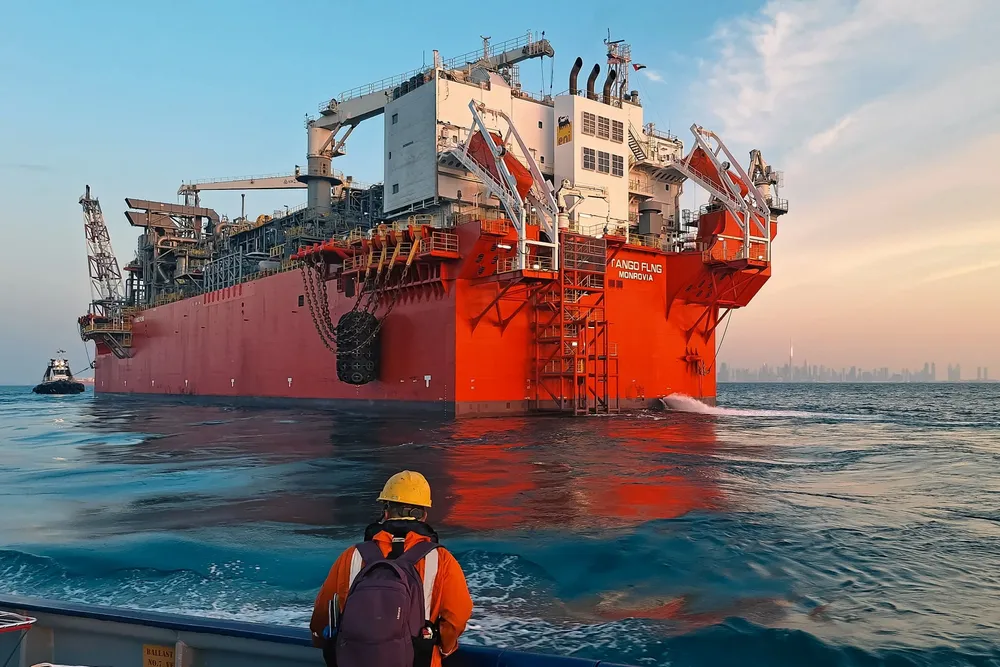Speculative development of floating LNG vessels to continue on bullish market fundamentals: Black & Veatch
Trajectory of global gas demand growth giving vessel constructors confidence to build new floaters without deployment contracts in place

Manufacturers of floating liquefied natural gas vessels will continue building new floaters without first securing deployment contracts for the units, as fundamentals suggest underlying gas demand will continue to grow in the medium term, delegates heard during the Offshore Technology Conference (OTC) 2025 in Houston this week.
Construction and engineering company Black & Veatch sees a “very robust outlook projected through 2040” for LNG demand globally, the company’s offshore project development manager, Kyle Haberberger, said at OTC.
Earlier concerns about gas oversupply “have all gone out of the window”, off the back of stronger demand growth projections and consumption expectations from developing sectors such as data centres, artificial intelligence and electrification, Haberberger said.
The bullish market fundamentals are expected to encourage vessel manufacturers to build new floaters without first securing a client for them, Black & Veatch expects.
“There will be speculative developments, bringing vessels [to the market] that don’t have a home,” Haberberger told Upstream at OTC. “[Developers] know that there is LNG demand and that, if they build [the FLNG unit], they will be able to find a location [for it] later.
“A developer could say, ‘I develop a vessel that fits [multiple] specifications’, without worrying about securing a client for it beforehand,” he said.
Manufacturers are “confident” that the market outlook will imply a certain level of demand for their new floaters, Haberberger said.
The fact that the vessel can be deployed elsewhere if needed should give a degree of “comfort” to the industry when it comes to sanctioning projects.
He said the mobility advantage can allow for a lower “risk tolerance — you can be a little less certain” since the vessel can be relocated if market conditions or the economics for original projects were to change.
The Tango floater has produced gas in three continents in under 10 years — which Haberberger said should be an encouraging proof of concept for the industry, showing the adaptability of the vessels.
(Copyright)